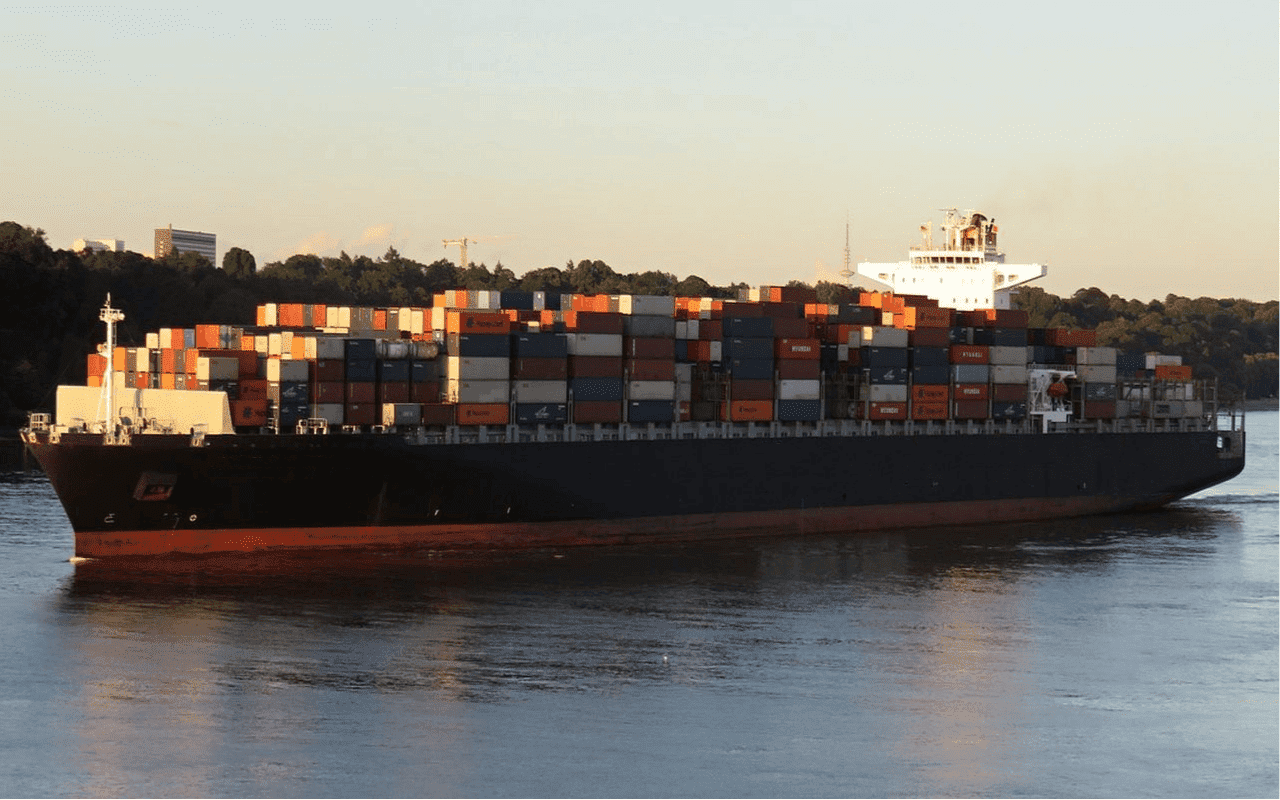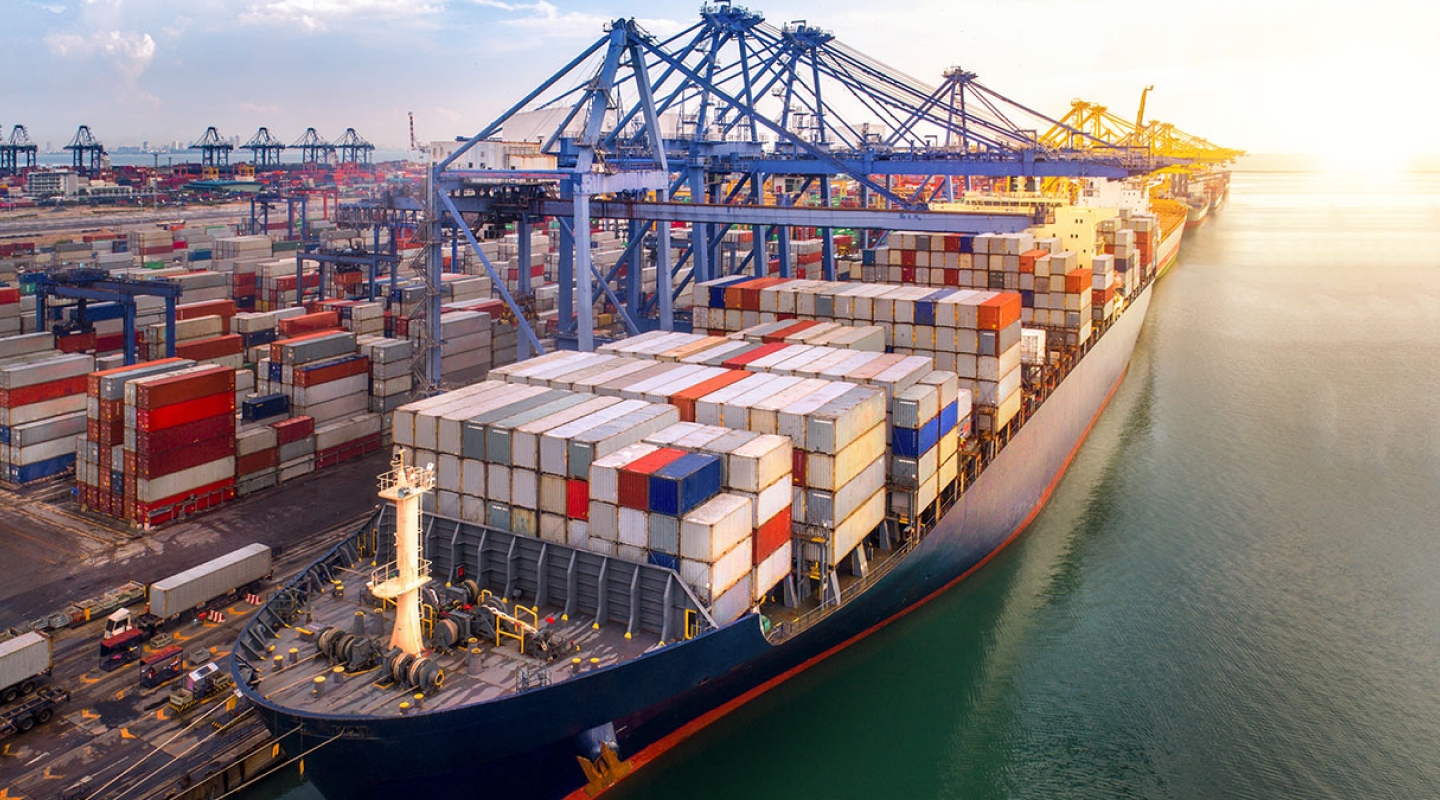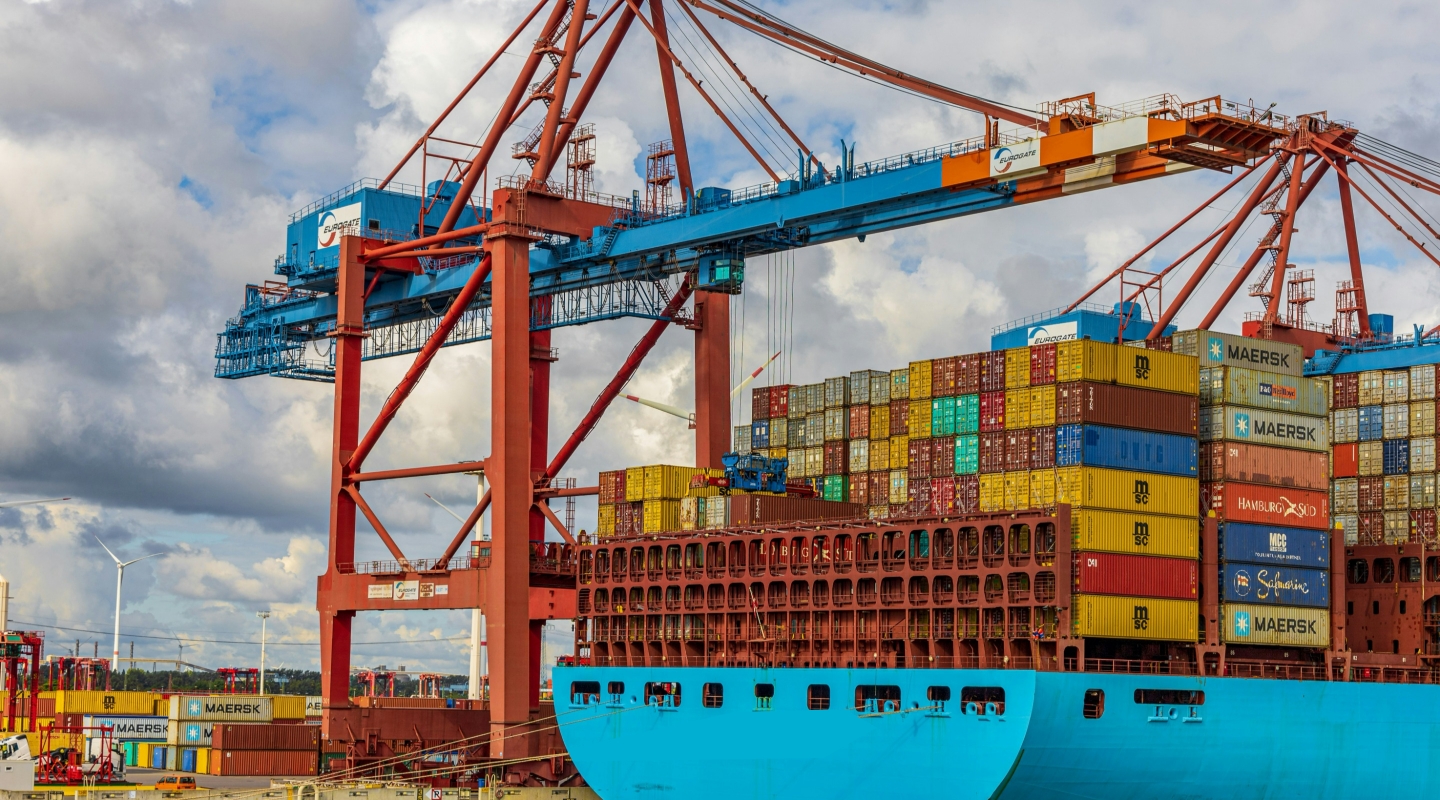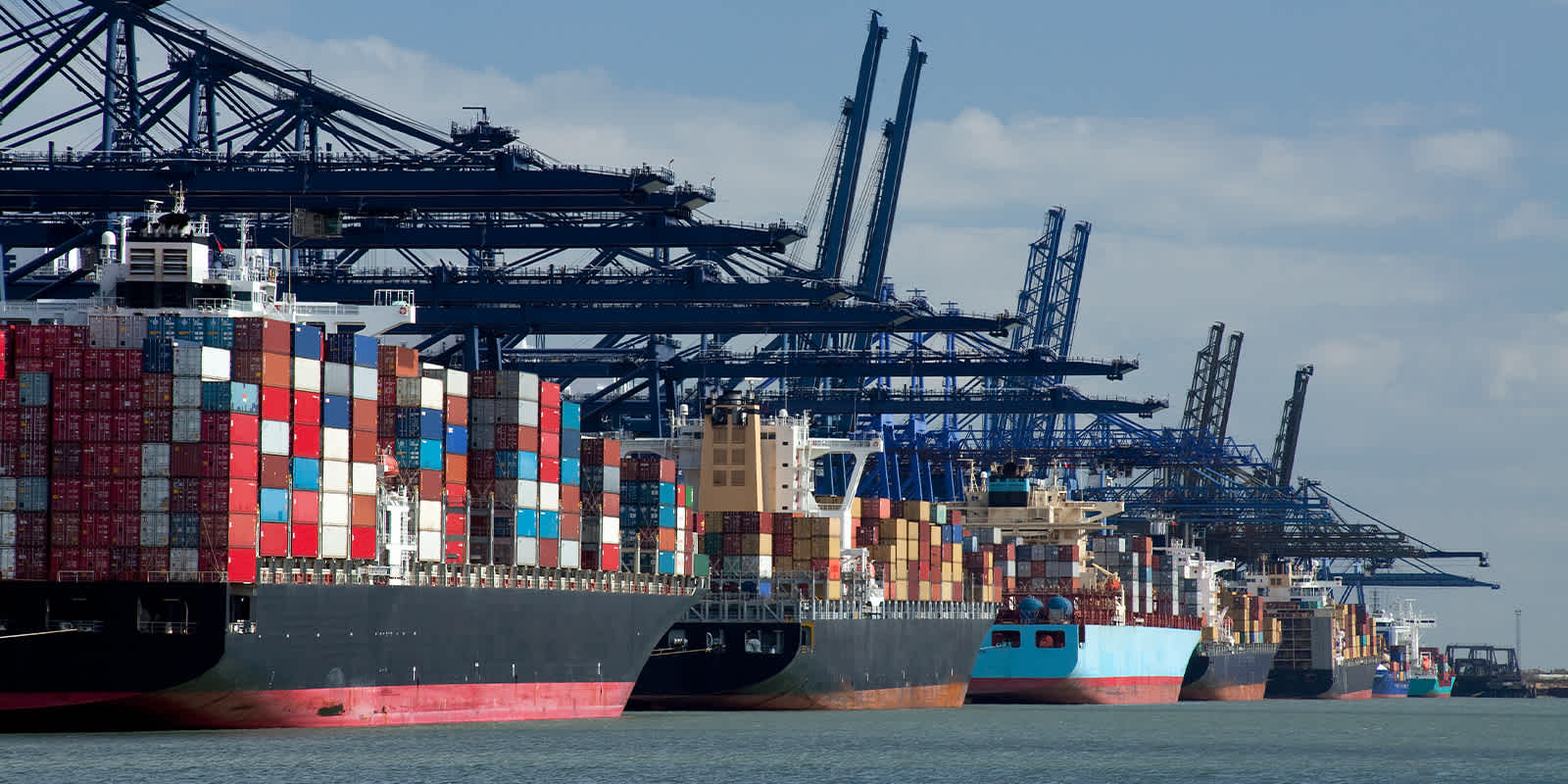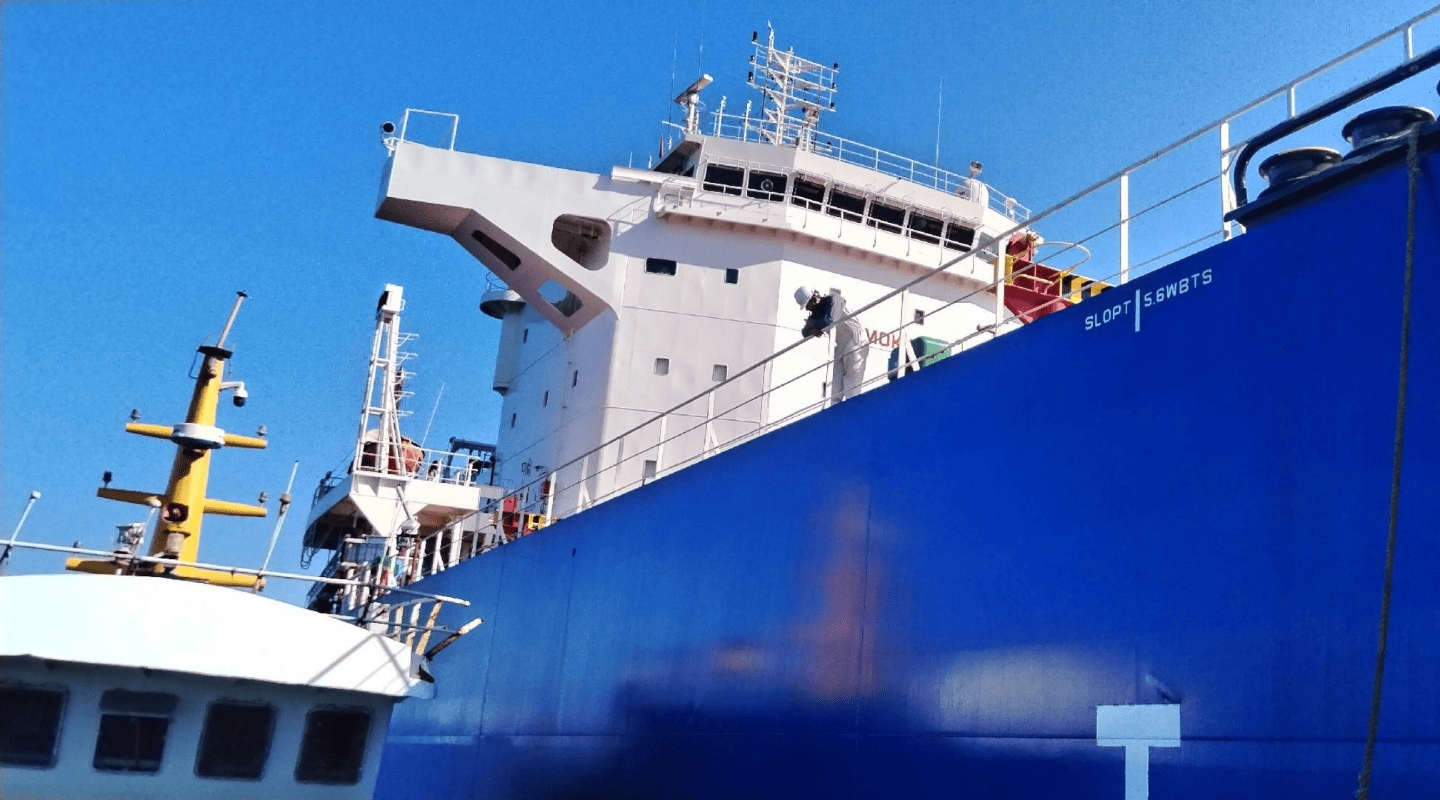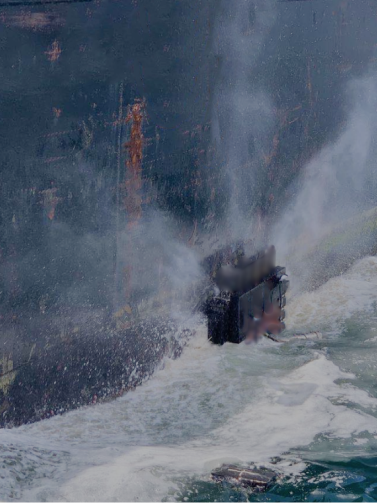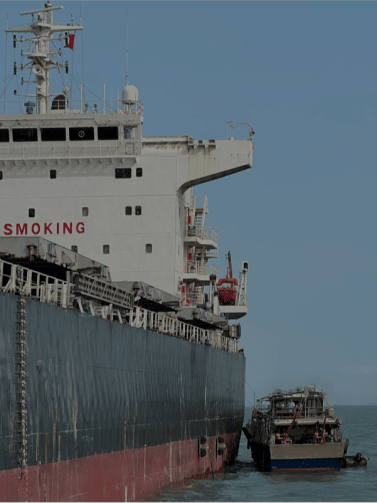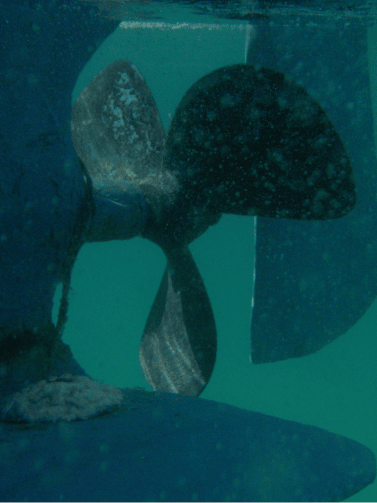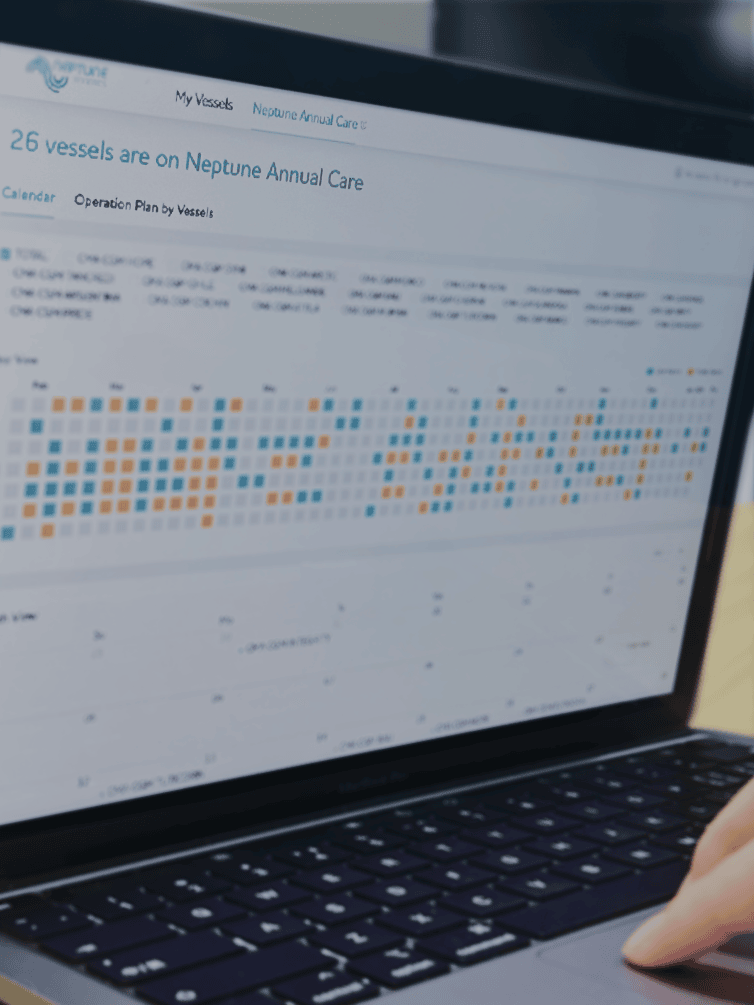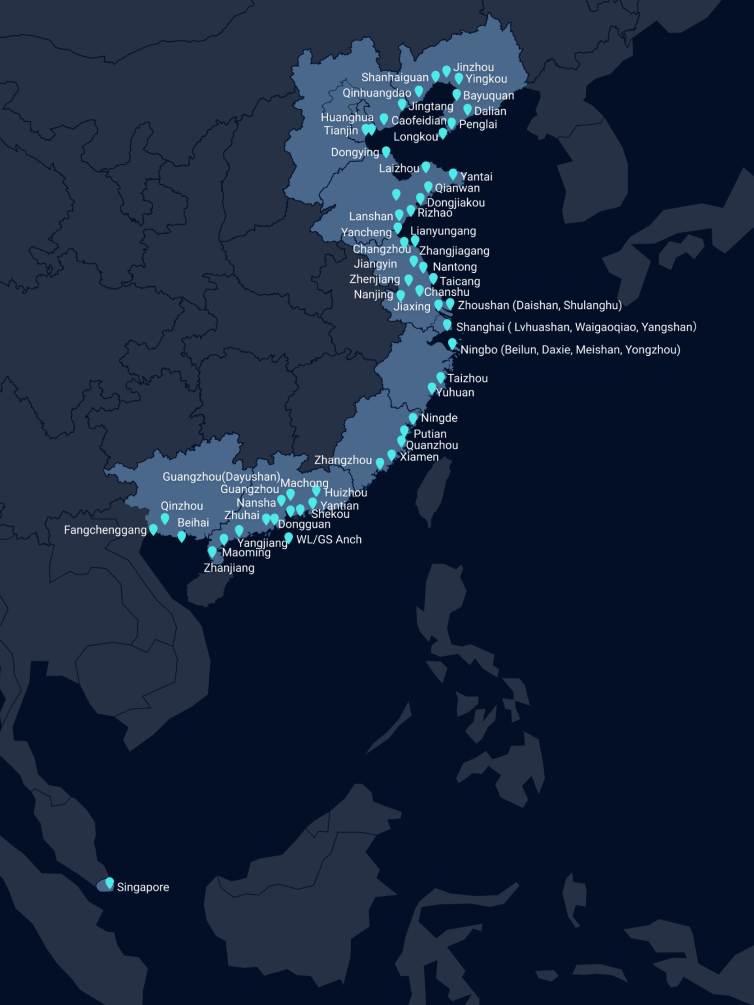On one hand, shipping companies are investing heavily in shipbuilding, and on the other hand, they are tightening their belts to make ends meet. This seems to be the situation that the shipping companies like Maersk, Mediterranean Shipping Company, and Hapag-Lloyd are currently experiencing.
For example, Maersk recently launched its first vessel in a new series of methanol-powered container ships (the first of 25 dual-fuel container ships it has ordered). However, in the same year, they announced plans to further reduce their workforce by 3,500 employees, on top of the 6,500 employees already laid off, all in an effort to strictly control costs.
Undoubtedly, this situation is a result of the unique combination of a market downturn and the pressing environmental regulations.
01-Shipowners driven crazy by environmental protection: build low-fuel ships crazily
As global decarbonization efforts intensify, the shipping industry faces increasing pressure from new regulations by the International Maritime Organization (IMO) and the European Union.
One such pressure is the tightening Carbon Intensity Indicator (CII) each year, which directly affects the resale, leasing, and operation of existing ships. Keeping vessels compliant and dealing with non-compliant ones has become a major challenge for all shipping companies.
Another challenge is the inclusion of the shipping industry in the European Union Emissions Trading System (ETS), set to take effect on January 1, 2024. It is estimated that the shipping industry may have to bear carbon costs as high as 31-84 billion euros from 2024 to 2026.
Under the influence of these policies, shipping companies are placing a massive number of orders for new low-carbon fuel container ships. In the global new ship orders from January to September this year, orders for low-carbon fuels such as LNG and methanol accounted for over 35%, with 84% of container ships opting for LNG and methanol fuel.
02-Frontiers are Darkening
Ships Are Built, but No Money to Earn?
Since entering Q4, the issue of oversupply has intensified, leading to a continuous decline in freight rates, and many routes are starting to fall below their cost prices. Alphaliner predicts that the overall net profit of shipping companies will decrease by 80% to 90% in 2023.
At the same time, the shipping industry’s decline is more severe and enduring than the market anticipated. Maersk issued a warning in August this year that global trade contraction is happening more rapidly and to a greater extent than expected, with declining demand in both Europe and the United States, and “dark clouds” ahead.
Drewry indicates that even in the coming years, the prospect of the liner market reaching a balance is becoming increasingly elusive. Next year’s capacity is expected to grow by 6.4%, while demand is only projected to grow by 2%, posing a severe challenge for liner companies to “maintain prices above costs.”
Vincent Clerc, the CEO of Maersk, said, “If you look at the orders and the situation for the next two to three years, we may have to adapt to an environment filled with suppression and pressure.”
03-The Key to Competitive Advantage: Cost Management
In the current environment, where shipping companies need to invest substantial funds in new ship orders or green power retrofits while facing a downturn and oversupply in the shipping market, effective cost management is undoubtedly the key to maintaining a competitive advantage.
For an 8,000 TEU container ship, 55%-65% of its operational costs come from fuel. The cost of alternative fuels is 2-5 times that of conventional fuel, and opting for green fuels will further increase costs. To save on fuel consumption and reduce carbon emissions, more and more shipping companies are choosing to reduce hydrodynamic resistance by cleaning the ship’s hull. This is where underwater robot ship cleaning services come into play, allowing operations to be carried out while the vessel is anchored or docked, without the need for dry docks.
Neptune’s Inspection and Cleaning Services efficiently remove biofouling and dirt layers from the ship’s hull, operating around the clock. They cover ports and anchorages in the northern, eastern, and southern regions of China and have already served hundreds of large vessels, earning recognition from their customers.
For shipowners, charterers, and ship operators looking to reduce costs and emissions, adopting fine-tuned management measures like regular hull cleaning can help save fuel consumption, control operating costs, and mitigate the impact of adverse market conditions while meeting decarbonization requirements. This has become an important trend in the development of the shipping industry and may even become a competitive advantage in the future of the shipping industry.
